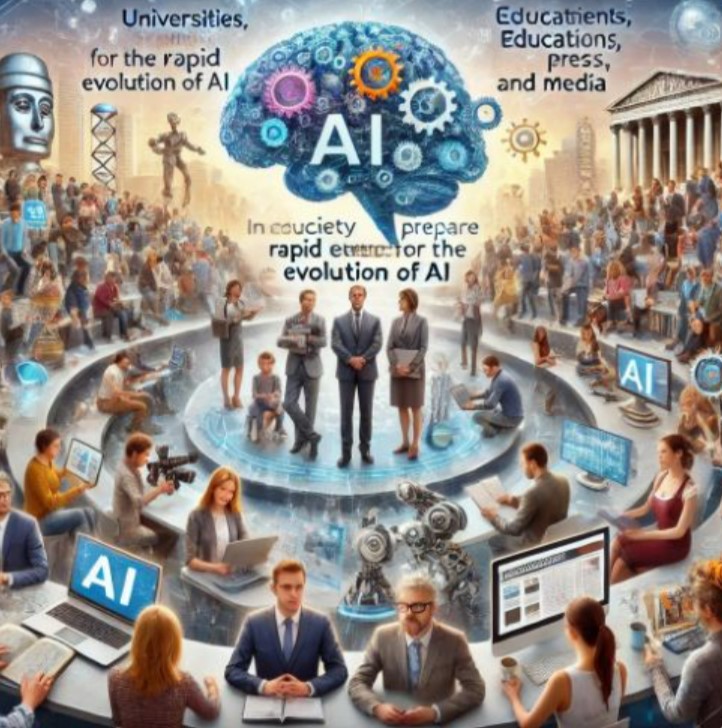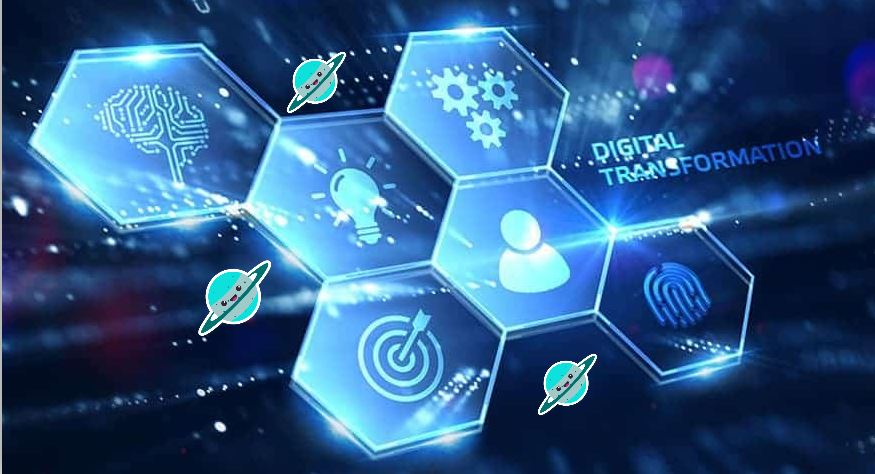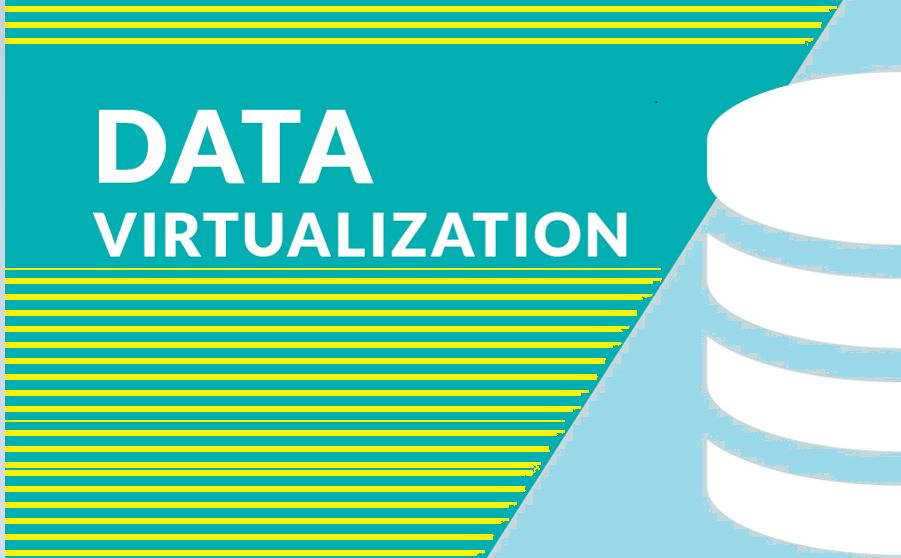Cloud computing – the term which is heard more often these days. For many it’s still an unsolved puzzle. So, what is cloud computing – in simple words the practice of using a network of remote servers hosted on the internet to store, manage, and process data, rather than a local server or even a personal computer. Simply, delivery of different services through the internet is nothing but cloud computing.
In the current corporate industry, the use of cloud computing has become an unsaid norm. Almost everyone has heard of it, and its benefits are far-reaching and wide- saves cost, increases efficiency, helps in doing work faster, etc. In different market research’s conducted over time, the results have shown that this trend of the use of cloud computing by businesses and tech houses is bound to increase in the coming years.
For layman to understand the usage of cloud computing in our day to day life, the below Cloud computing examples will help to grasp the concept easily.
Google Docs, Microsoft Office 365: Users can access Google Docs and Microsoft Office 365 through the internet. Users can store and retrieve their documents from anywhere at any time on any device on the go. It helps to be more productive because the data is stored in the cloud and there is no restriction of location or device.
Email, Calendar, Skype, WhatsApp: Emails, calendars, Skype and WhatsApp take advantage of the cloud’s ability to provide users with access to data remotely so they can access their personal data on any device, whenever and wherever they want.
Zoom: Zoom is a cloud-based software platform for video and audio conferencing that records meetings and saves them to the cloud, enabling users to access them anywhere and at any time.
Till now, there have been some noteworthy changes that have occurred in the field of cloud computing, and it will be important for businesses to look at them when they invest their time and capital in cloud computing. Here are few concepts to go further deep and understand what these terms means:
Quantum Computing-
Quantum computing literally translates to tasks that once took hours will now be taking exponentially less time, seconds to be precise. This means that computers and servers will now be processing information much more rapidly than usual, increasing the networking speed in the coming time. One must remember that the networks of today have cloud computing at their base, which means that substantial technological changes are bound to happen in cloud computing due to the development of Quantum computing.
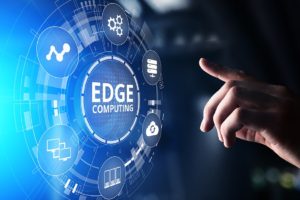 Edge Computing:
Edge Computing:
Edge computing means ‘bringing computing closer to the source of the data’. Due to this, the communication between the network and the data source is substantially minimized, increasing computation speed and reducing costs substantially. How does this happen? With could computing. This kind of technology is used in modern-day devices such as smart fridges, smart speakers, cars, etc. and it is only possible because of cloud computing.
Use of Blockchain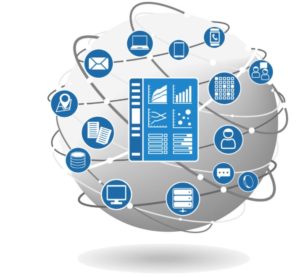
The technology of blockchain has led to the development of faster networking systems. Many businesses, especially Financial Technology powerhouses have increased the usage of blockchain in their analysis of cryptocurrency and its validation. At the heart of all this is cloud computing, which has the potential to host crypto-trading, Initial Coin Offerings among other things.
AI(Artificial Intelligence): The New Groundbreaking Invention: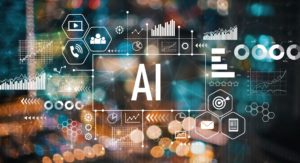
Artificial Intelligence is the future of digital automation. The automation facilities it offers companies have surprised even the most optimistic of people, and even with its criticisms, people have started understanding just how useful AI can be. With AI, it is expected that we will see a rise in devices that use edge computing, meaning that its base lies in cloud computing only. Artificial Intelligence is something every business should be on the lookout for.
Serverless Computing:
This is a newly developed cloud computing model where a dynamic backend system helps you scale your usage up and down depending on the use of your application or service rather than using pre-determined servers. This technology is also considered to be a futuristic one, with people such as Microsoft CEO Satya Nadella backing it. Slowly, one will see open source serverless computing service providers cropping up, thus reducing the need for server providers with whom you have to lock in for their services.
Increasing Digital Knowledge
As the newer workforce gets into jobs with time, we find that they are much more well-versed with technological advances of the newer technologies, especially cloud computing. With this, companies will see that they have two kinds of workers- the technologically advanced ones and the ones who are not as technologically advanced. Companies will need to conduct different training programs and inductions to keep the older generation digitally aware.
Mobility of Workers-
Drawing correlations from the increasing digital knowledge among workers, a trend is soon catching up with the newer workers, which is all about the mobility of workers and their work. With cloud computing, workers need not be present in their offices and cubicles every time they are working. People can work from anywhere, from any device and get the job done. Any company which doesn’t offer mobility to them won’t bear loyal employees.
Data Centre Ecosystem:
Combining the power of machine learning, cloud computing and data processing with quantum computerization, we will see that software will soon become a service rather than a subscription-based commodity. Companies and business houses will use this service with the help of these newly developed technologies. This way, project timelines are reduced, minimize costs and we will see a reduction in redundant processes. One would see that the way data is seen today would be revolutionized, with cloud computing technology at its base.
To conclude, the current advancements in cloud computing are just a glimpse of what is about to come. It is just a base. At the helm of all, there would be many innovations which will be out there to revolutionize the way everything we do.


